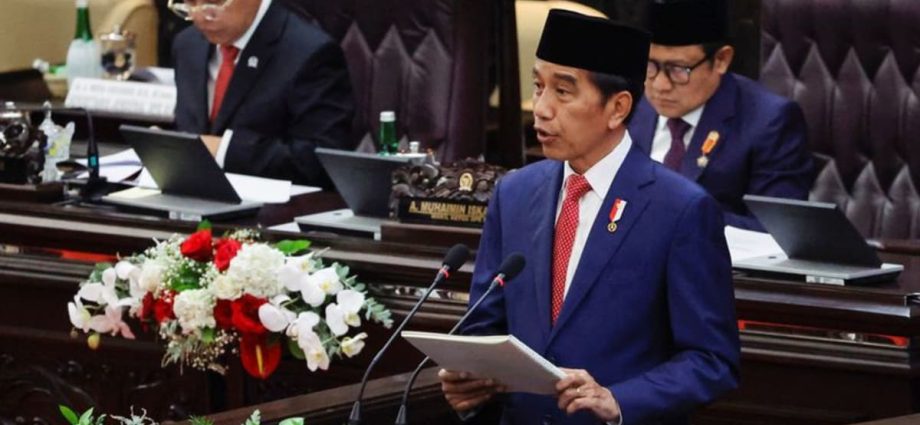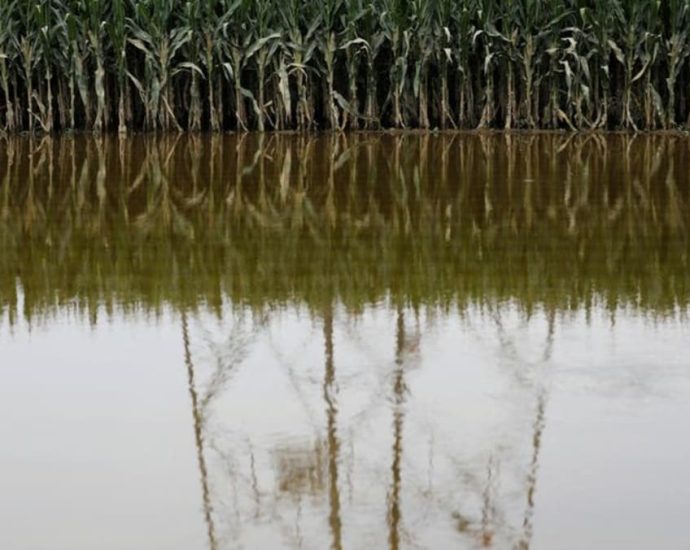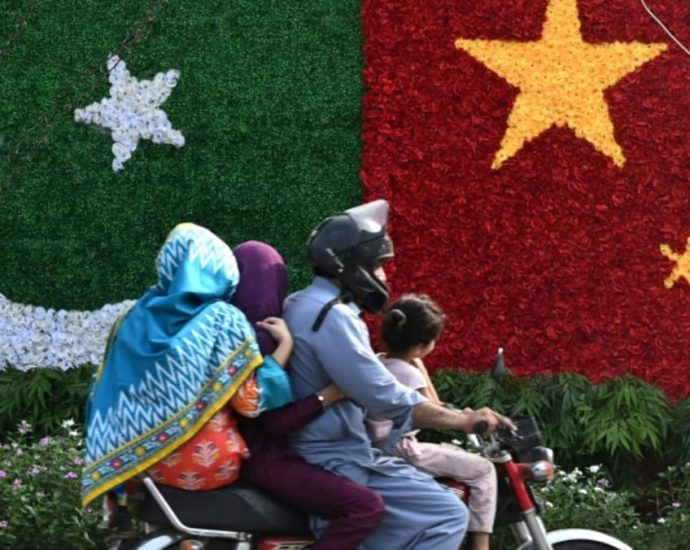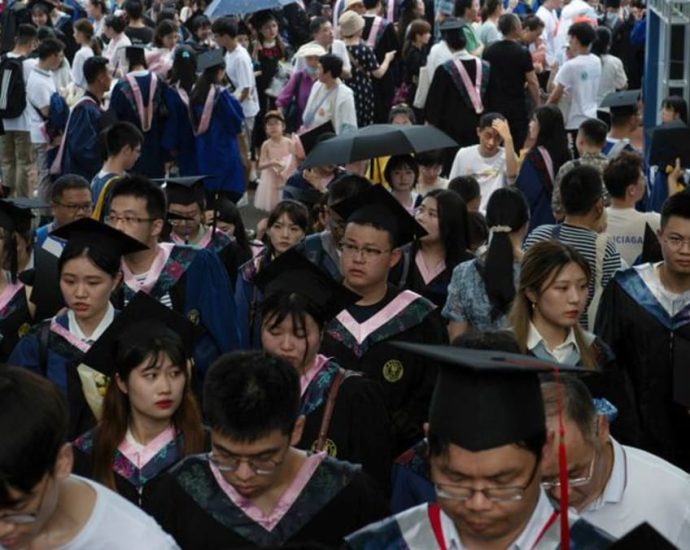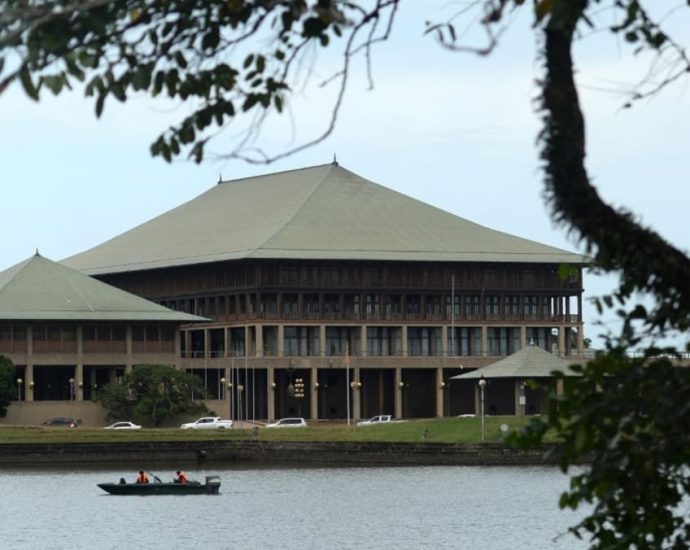Indonesia president tables US$216 billion 2024 budget to parliament
JAKARTA: Indonesian President Joko Widodo on Wednesday proposed to parliament a budget of 3,304.1 trillion rupiah (US$216.24 billion) for next year, setting a target of 5.2 per cent for economic growth in what will be his final year in office. The budget proposal is about 6 per cent bigger thanContinue Reading

